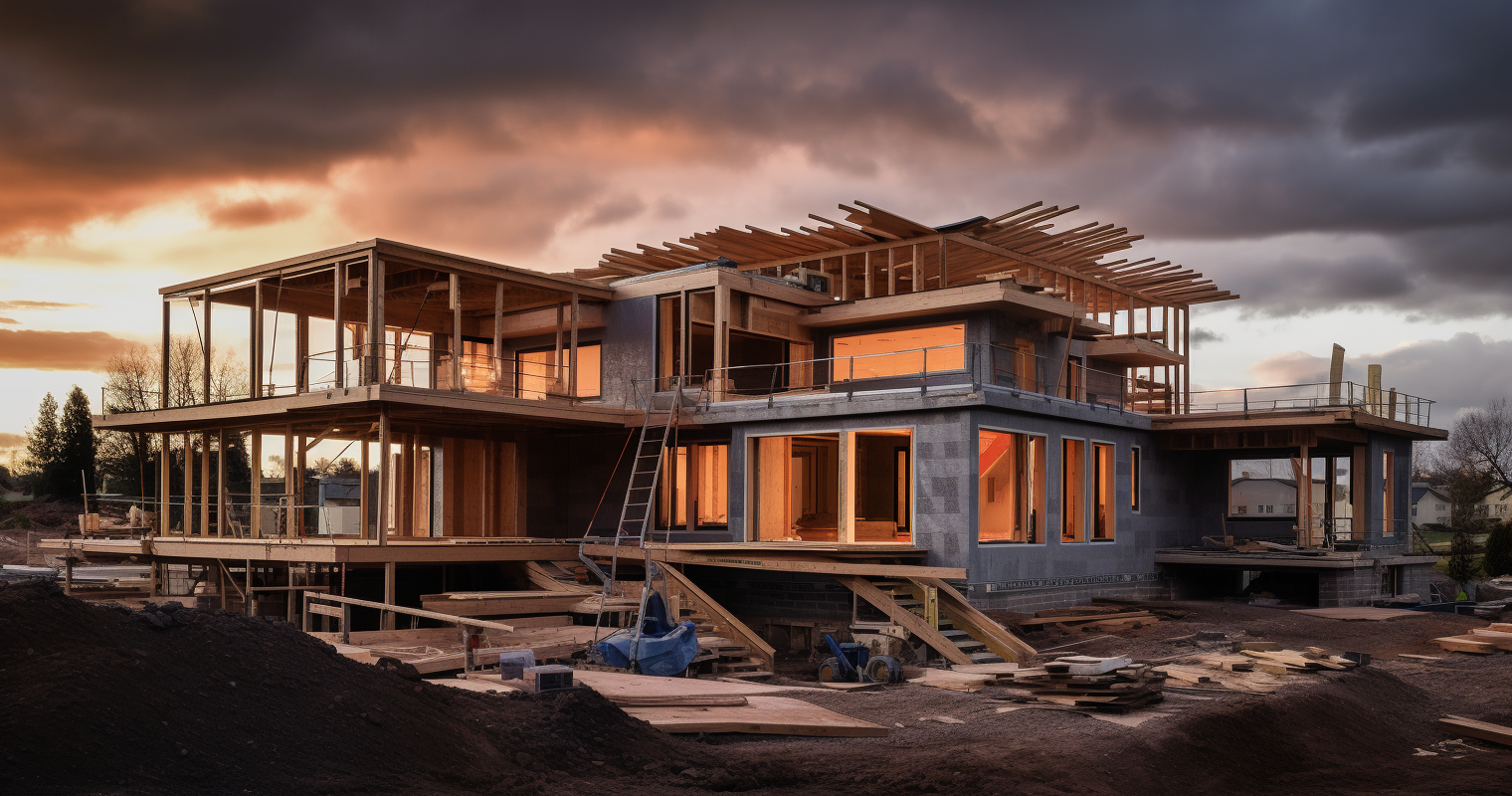New Zealand is a popular destination for property building and renovation, with its stunning landscapes and diverse architectural styles. However, there are rules and regulations that must be followed, as well as potential pitfalls to be aware of. In this article, we will explore the procedures and rules around planning permission, listed building status, and conservation areas, as well as how to find reliable builders and architects, and what permits and licenses are needed.
Planning Permission in New Zealand
It is necessary to apply for planning permission in New Zealand to build or renovate a property. The procedure for obtaining planning permission is as follows:
- Submit a building consent application to the local council.
- Wait for a response from the council, which will typically take around 20 working days.
- If the application is approved, the council will issue a building consent.
- If the application is rejected, it is possible to appeal the decision.
It is important to note that the process of obtaining planning permission can be complicated, and it is advisable to seek the help of a professional architect or planning consultant.
Listed Building Status and Conservation Areas
New Zealand has a number of listed buildings, conservation areas, and preservation orders in place to protect its architectural heritage. If a property is listed, situated in a conservation area, or subject to a preservation order, there are additional rules and regulations that must be followed when building or renovating. These may include restrictions on the materials and techniques that can be used, as well as limits on the types of changes that can be made.
It is important to check the status of a property before embarking on any building or renovation work, as failure to comply with the rules and regulations can result in fines and legal action.
Finding Reliable Builders in New Zealand
Finding reliable builders in New Zealand can be a challenge, but there are a number of professional organizations that can help. These include:
Registered Master Builders Association: This is the professional association for builders in New Zealand. They can provide information and advice on finding reliable builders, as well as offering a guarantee for work carried out by their members. You can contact them at https://www.masterbuilder.org.nz/.
Certified Builders Association of New Zealand: This is another professional association for builders in New Zealand. They can provide information and advice on finding reliable builders, as well as offering a guarantee for work carried out by their members. You can contact them at https://www.certified.co.nz/.
It is also important to check that builders have the necessary licenses and permits to carry out the work, as well as references and insurance.
Permits and Licenses
In addition to planning permission, there are a number of permits and licenses that may be required when building or renovating a property in New Zealand. These include:
Building consent: This is required for most types of building work, including new construction, alterations, and extensions.
Resource consent: This is required for activities that may have an impact on the environment, such as demolition or excavation.
Electrical permit: This is required for any electrical work carried out as part of the building or renovation process.
It is important to check the specific requirements for the type of work being carried out, as well as any additional permits or licenses that may be needed.
Finding a Local Architect
Finding a local architect in New Zealand can be done through a number of professional organizations, including:
New Zealand Institute of Architects: This is the professional association for architects in New Zealand. They can provide information on finding an architect and offer guidance on the process. You can contact them at https://www.nzia.co.nz/.
Architectural Designers New Zealand: This is another professional association for architects and architectural designers in New Zealand. They can provide information and advice on finding a local architect. You can contact them at https://www.adnz.org.nz/.
It is important to check that architects have the necessary qualifications and experience for the type of work being carried out, as well as references and insurance.
Buying Land in New Zealand
If you are buying land in New Zealand, there are some common pitfalls to be aware of, particularly in relation to planning permission and boundaries. Here are some key considerations:
Planning permission: Before buying land, it is important to check that planning permission has been granted for the type of building or renovation work that you plan to carry out. It is also important to check the local zoning plan to ensure that the land is suitable for your purposes.
Boundaries: It is important to establish clear boundaries for the land you are buying, as disputes over boundaries can be costly and time-consuming. It is advisable to have a surveyor carry out a boundary survey before making a purchase.
Soil quality: In some parts of New Zealand, the soil can be prone to subsidence or landslides. It is important to have a geotechnical assessment carried out to assess the quality of the soil and any potential risks.
It is also important to work with a reliable and trustworthy real estate agent or lawyer when buying land in New Zealand.
Building or renovating a property in New Zealand requires careful planning and attention to detail. Planning permission is required for most types of building work, and there are additional rules and regulations in place for listed buildings, conservation areas, and preservation orders. Finding reliable builders and architects, as well as obtaining the necessary permits and licenses, is also important. When buying land, it is important to be aware of potential pitfalls, including planning permission, boundaries, and soil quality. With the right advice and support, however, building or renovating a property in New Zealand can be a rewarding experience.

